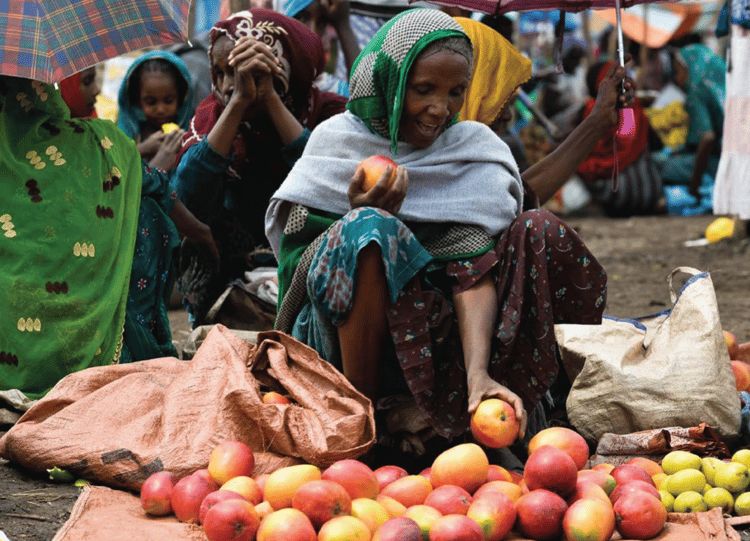4 Tips to Kick Start Your Career in Nutrition at a Humanitarian Agency
In a humanitarian context, the role of a nutritionist is to help ensure that individuals and communities affected by crisis have access to adequate and appropriate nutrition. This includes assessing nutritional needs, developing and implementing nutrition programs, and monitoring the effectiveness of these programs.
Some specific roles and responsibilities of a nutritionist in a humanitarian context may include:
-
Conducting nutrition assessments: A nutritionist may assess the nutritional status of individuals and communities affected by crisis, using tools such as anthropometric measurements, clinical assessments, and dietary surveys.
-
Developing nutrition programs: Based on the assessment findings, a nutritionist may develop and implement nutrition programs to address the needs of the affected population. This may involve developing strategies to improve access to nutritious foods, providing nutrition education, and developing therapeutic feeding programs for those who are malnourished.
-
Monitoring and evaluating nutrition programs: A nutritionist may monitor the progress of nutrition programs, collect data on program outcomes, and evaluate the effectiveness of these programs. This can help to ensure that the programs are meeting the nutritional needs of the affected population.
-
Collaborating with other stakeholders: A nutritionist may work closely with other stakeholders, such as health workers, community leaders, and humanitarian organizations, to coordinate nutrition interventions and ensure that they are integrated with other humanitarian activities.
by Justin Kabuyaya - WFP Nutrition Emergency Team Lead
'Working in the Emergency Nutrition team at a humanitarian agency like WFP requires a solutions-oriented mindset. The job not only requires flexibility during the analysis phases and preparedness when stepping into an emergency, but also the capacity to quickly map out roadblocks and be able to come up with feasible solutions to improve nutrition in the communities we support who are living in different levels of emergency,' WFP's Justin Kabuyaya shares.

